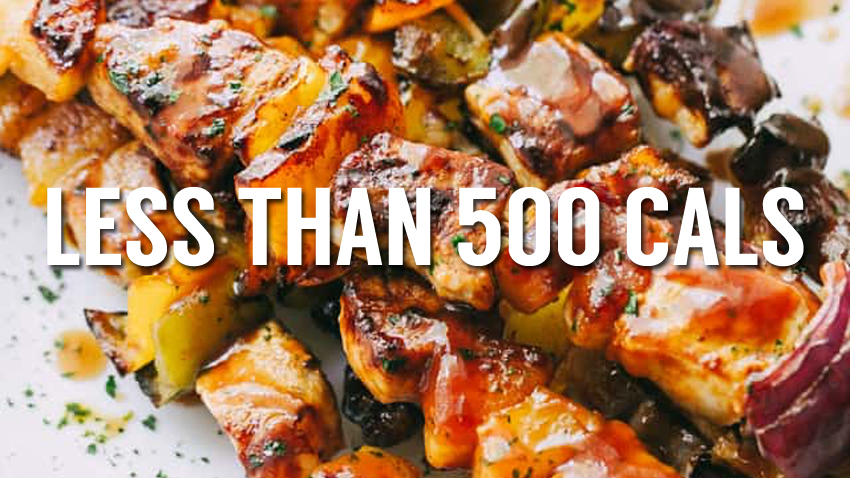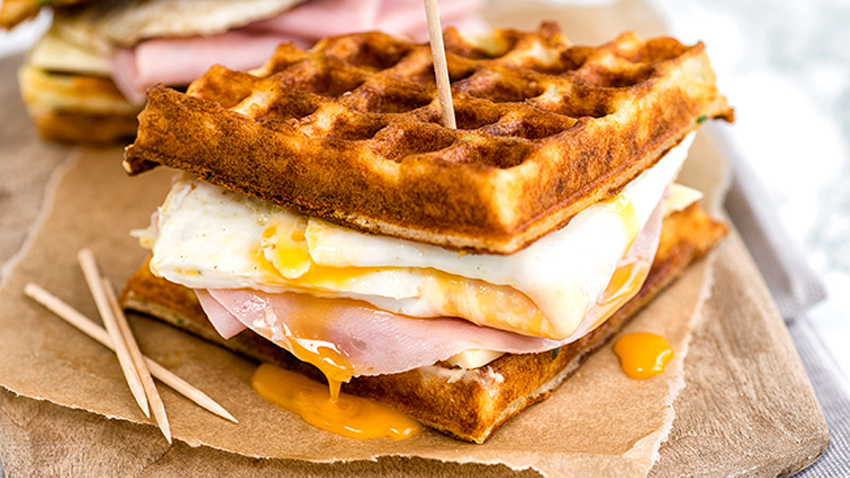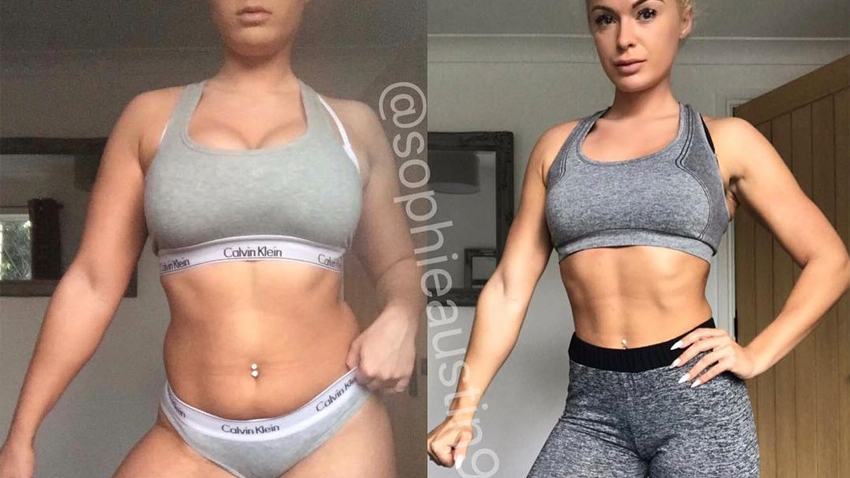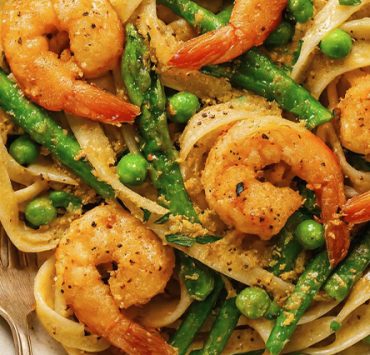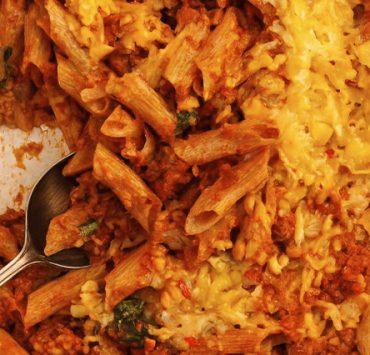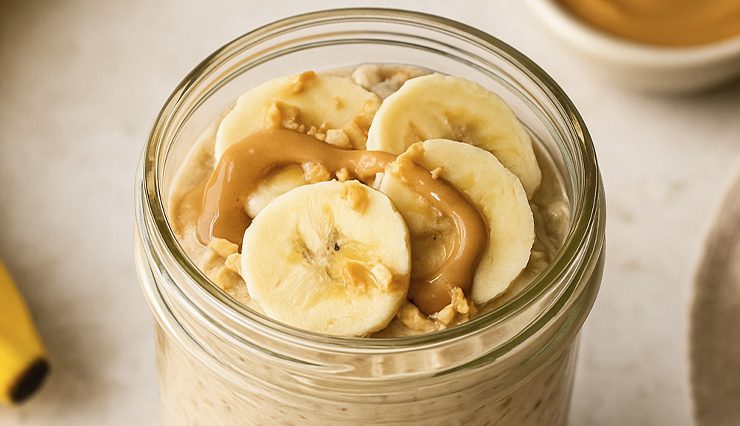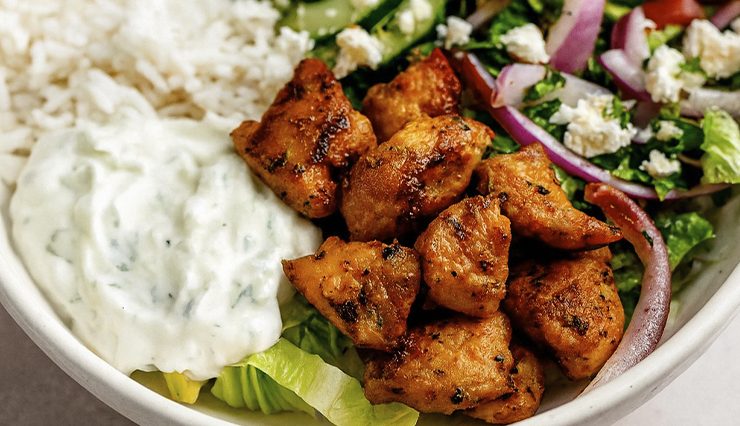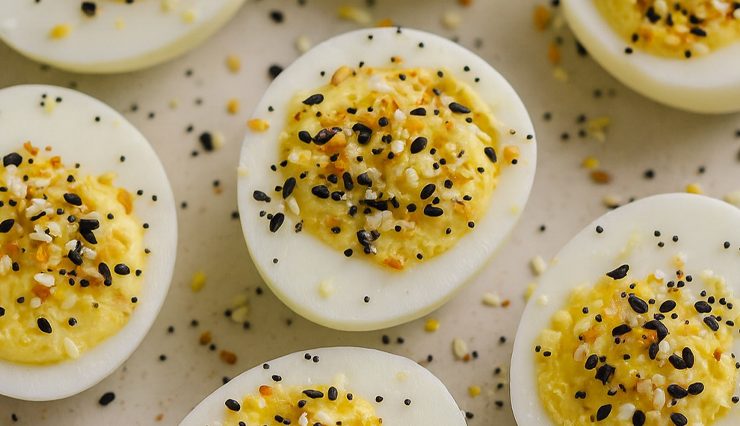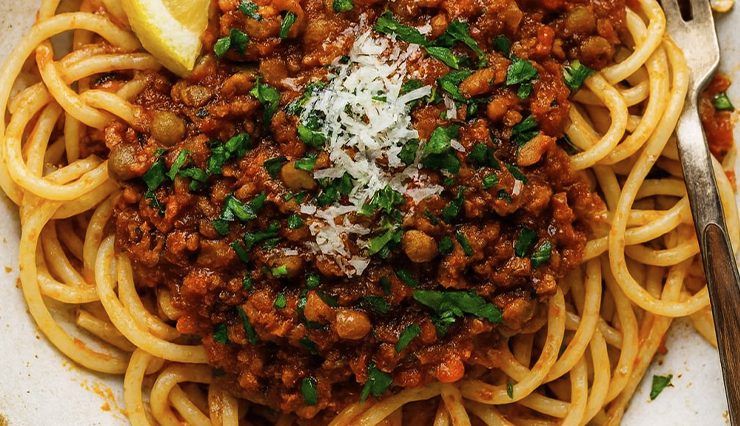How To Lose Weight Fast, Naturally And Permanently
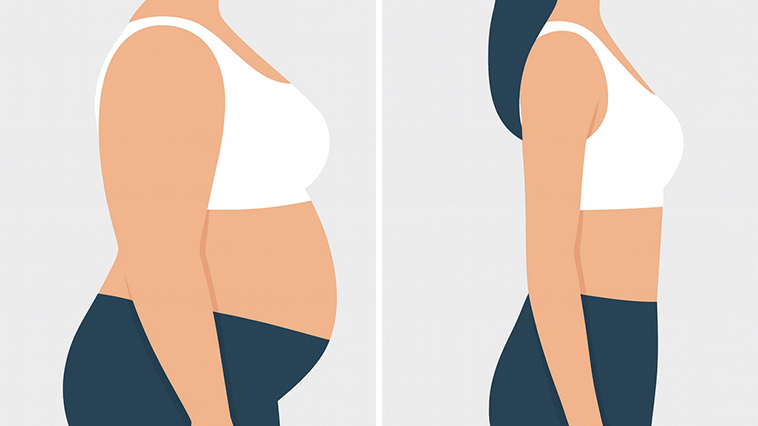
Trimmed&Toned Team.
Losing weight quickly without harming your health—and keeping it off—can feel impossible. The truth is that while rapid fat loss is possible, crash dieting or extreme exercise plans almost always backfire. Research shows that overly aggressive calorie cuts slow your metabolism, cause muscle loss, and set you up to regain the weight (and sometimes more) once you return to normal eating.
This guide explains the science of healthy, lasting weight loss so you can see results fast without falling into the yo-yo cycle. We’ll look at why slow and steady truly wins, how to create a realistic calorie deficit, and which foods, habits, and workouts give the best return on effort. Think of this as your blueprint for sustainable fat loss.
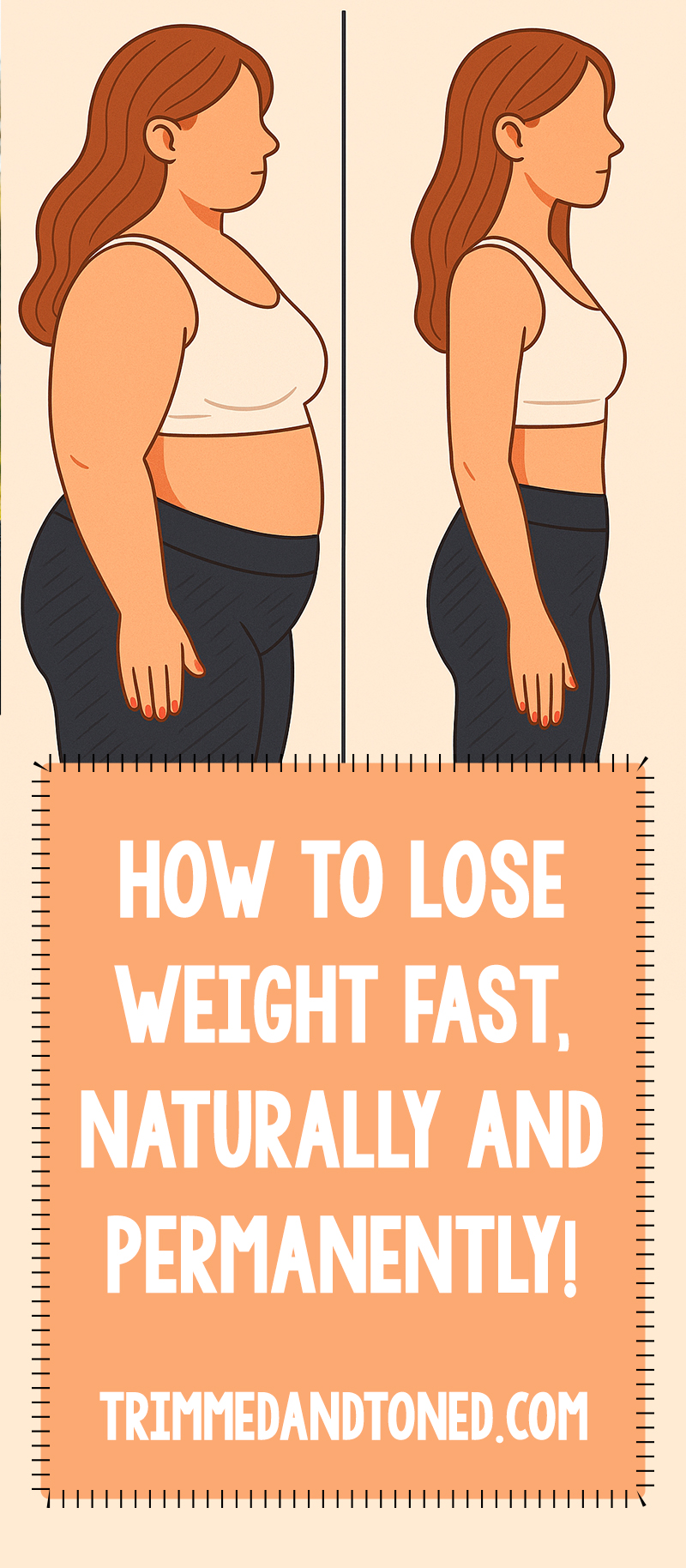
1. The Science of Weight Loss: Calories, Hormones & Metabolism
At its simplest, weight loss comes down to a calorie deficit: burning more energy than you take in. But it’s not just arithmetic. Your metabolism is dynamic. Drastically slashing calories—say dropping from 2,200 kcal/day to 1,000—causes your body to adapt. Resting metabolic rate falls, thyroid hormone output dips, and hunger hormones like ghrelin and leptin shift to make you hungrier.
This is why quick-fix diets (liquid cleanses, extreme low-carb or “detox” plans) might lead to a big initial drop—mostly water and glycogen—but usually stall within weeks. When normal eating resumes, a now-slower metabolism stores excess calories more easily, leading to weight regain.
2. Why “Slow and Sustainable” Works Better (and Can Still Be Fast)
Aim for a moderate daily calorie deficit of about 500–750 kcal. For most people this equals 1–2 pounds (0.5–1 kg) of fat loss per week, which is considered the gold standard by the Centers for Disease Control and Prevention. While that may sound slow, remember that consistent weekly loss compounds. Over 6 months you could lose 25–50 pounds without the metabolic “crash” or rebound.
Sustainable doesn’t mean glacial. Combining smart nutrition (high protein, whole foods) with regular activity like strength training and brisk walking can make your first few weeks feel rapid because of water loss and early fat mobilization—without compromising muscle or long-term health.
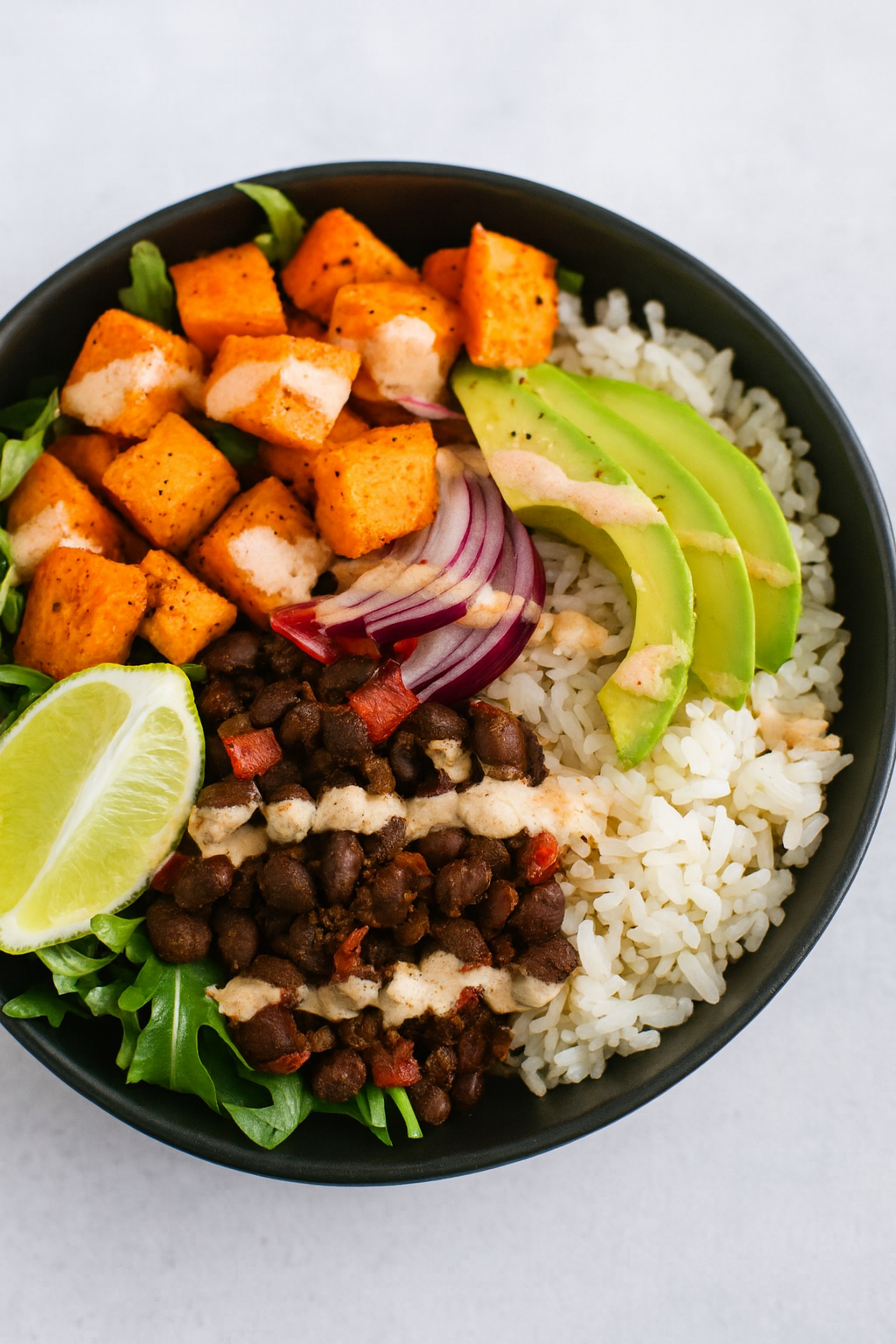
3. Build Your Plate: Nutrient-Dense, Satisfying Foods
Instead of cutting food groups, focus on better quality foods that keep you full on fewer calories.
- Protein: Lean meats, fish, eggs, Greek yogurt, lentils, tofu. Protein boosts satiety and has a higher thermic effect (burns more calories during digestion).
- High-fiber carbs: Vegetables, fruits, whole grains, beans. Fiber slows digestion and controls blood sugar spikes.
- Healthy fats: Avocado, nuts, seeds, olive oil. Support hormones and satisfaction.
Check out our best protein sources for weight loss and budget-friendly weight loss recipes for meal inspiration.
Smart swaps make a huge difference: choose whole-grain pasta instead of white, air-popped popcorn over chips, or Greek yogurt in place of sour cream. These changes lower calorie density while keeping flavor high.
4. Structuring Your Meals and Snacks
To keep hunger steady and energy high, many people succeed with three balanced meals plus one protein-rich snack. Examples:
- Breakfast: Veggie omelet with avocado toast or high-protein overnight oats.
- Lunch: Grilled salmon salad with quinoa and mixed greens.
- Dinner: Stir-fried chicken with brown rice and vegetables.
- Snack: Greek yogurt with berries or a small handful of almonds.
If you prefer fewer eating occasions, intermittent fasting (like 16:8) can help create a deficit naturally while still allowing satisfying meals.
5. Exercise: The Metabolic Multiplier
Nutrition drives fat loss, but exercise protects muscle, supports metabolism, and improves health. The ideal formula includes:
- Strength training 2–4 times a week to preserve lean muscle mass, which keeps your resting metabolism higher.
- Cardio for calorie burn and heart health: Brisk walking, cycling, swimming, or HIIT sessions to accelerate fat loss.
- Daily movement: Aim for at least 7,000–10,000 steps. NEAT (non-exercise activity thermogenesis) like standing, walking, or doing chores adds up significantly.
Variety matters. Too much high-intensity cardio without strength work can increase injury risk and muscle loss, while no cardio at all slows overall calorie burn.
6. Avoid These Common Weight Loss Traps
Starvation diets (under ~1,000 kcal): Trigger rapid water loss and metabolic slowdown, making long-term loss harder.
All-cardio plans: Excessive cardio without strength work leads to muscle loss and plateaus.
Cutting entire food groups: Unless medically necessary (e.g. celiac disease), eliminating carbs or fats can cause nutrient gaps and binge eating when cravings rebound.
Scale obsession: Daily fluctuations from water and glycogen can mask real fat loss. Track averages over weeks.
7. Hydration, Sleep, and Stress Control
These often-overlooked factors strongly influence fat loss:
- Hydration: Aim for at least 2 liters a day. Mild dehydration can mimic hunger and reduce exercise performance.
- Sleep: Studies in NIH show that less than 7 hours raises cortisol and ghrelin, increasing appetite and fat storage.
- Stress management: Chronic stress elevates cortisol, which can drive cravings for high-calorie foods.
Simple practices like a short evening walk, mindfulness meditation, or even just consistent bedtimes can have a measurable impact on appetite regulation.
8. Putting It All Together: A Sustainable Plan
Here’s how to combine these strategies:
- Calculate a moderate deficit (about 500–750 kcal/day).
- Prioritize protein and fiber in every meal.
- Strength train 2–4 times a week and add regular cardio/steps.
- Plan balanced meals and prep ingredients ahead to avoid impulse eating.
- Track progress weekly using average weight and waist measurements.
This framework lets you lose weight at a steady pace while preserving muscle and metabolic health. For extra support, explore our AI meal plan generator to help create a shopping list and weekly plan that fit your calorie target.
Frequently Asked Questions
Can I lose weight fast and still keep it off?
Yes—if “fast” means a steady 1–2 pounds per week with strength training and balanced nutrition. Rapid crash diets are almost never permanent.
How important is protein for fat loss?
Very. Protein preserves muscle, increases satiety, and slightly raises calorie burn through the thermic effect of food. Aim for about 1.6–2.2 g/kg body weight daily.
Is intermittent fasting required?
No, but it can help some people control appetite and stick to a calorie deficit. The key is consistency with total intake.
Will lifting weights make me bulky?
No. Resistance training builds lean muscle that improves your metabolism and physique but does not create large “bodybuilder” size without extreme training and surplus calories.
What’s the best way to track progress?
Use a combination of weekly average weigh-ins, waist/hip measurements, and how your clothes fit. Don’t panic over daily fluctuations from water or hormones.
Key Takeaways
- Aim for a moderate calorie deficit and sustainable habits over extreme quick fixes.
- Center meals around lean protein, fiber-rich carbs, and healthy fats.
- Combine strength training, cardio, and daily movement for best metabolic results.
- Prioritize hydration, sleep, and stress management—they strongly affect appetite and fat storage.
- Use planning tools and meal prep to stay consistent without feeling restricted.
Lasting fat loss isn’t about the fastest drop on the scale—it’s about building an eating and activity pattern you can maintain for life. By focusing on nutrient-dense foods, regular movement, and a moderate calorie deficit, you can lose weight fast naturally and keep it off permanently.
Trimmed&Toned Team.

